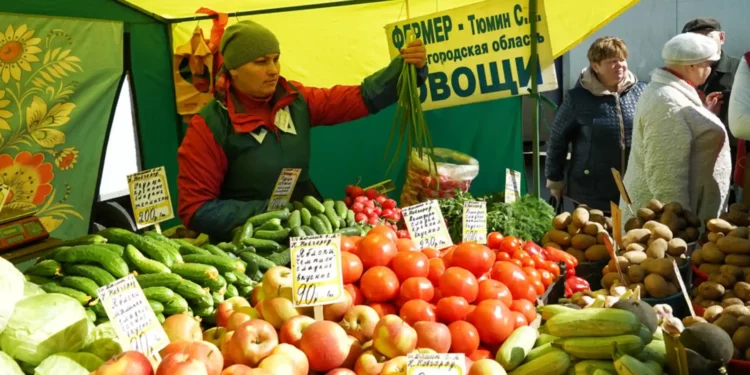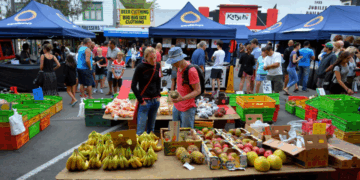Parallel imports and alternative supply chains, highlighted Russian businesses’ inventiveness. As the West imposed sanctions, Moscow legalized parallel imports.
Several multinational corporations have decided to either leave or scale down their operations in Russia when the conflict between Russia and Ukraine began. The departure, a reaction to Moscow’s tactical hostility was similar to the boycott of South Africa during the Apartheid. However, the Russian market has demonstrated unexpected resilience, adapting to the challenges posed by the corporate exodus and sanctions regime despite the mass departure of brands.
The tale of Zoya, a 62-year-old Moscow occupant (Source: Aljazeera), represents the mind-boggling elements at play. Arranging an excursion to Italy to visit her daughter, Zoya immediately jumped at the chance to buy an Apple Watch. Notwithstanding Apple’s true withdrawal from the Russian market, Zoya found the sought-after gadget accessible for buying on the Yandex market.
The discovery, along with parallel imports and alternative supply chains, highlighted Russian businesses’ inventiveness. As the West imposed sanctions, Moscow legalized parallel imports. This move has emerged as a lifeline for Russian consumers.
Empowered by the shortfall of true appropriation channels, parallel imports have continued the availability of Western items, but through unofficial means. Once provided by foreign firms, several goods, including iPhones and luxury cosmetics, now find their way onto Russian shelves, often via third countries that are not impacted by sanctions. Beyond well-known stores, Russian companies’ ingenuity is comprised of a network of independent vendors and smaller firms.
Organizations like IDstore, with a solitary worker, influence worldwide stockpile chains to offer a wide exhibit of Apple items obtained from India, Malaysia, and then some. Similarly, Griffin Technology, a computer wholesaler, uses international markets to supply toys and electronics, demonstrating Russian entrepreneurs’ adaptability in the face of geopolitical turmoil.
Consumer electronics is not the only industry feeling the effects of the corporate migration; the food and automotive industries are also affected. The withdrawal of Mercedes and BMW caused a huge upheaval in the Russian car sector, with Chinese automakers stepping in to fill the hole left by their Western counterparts.
Likewise, the absence of household names in the food and beverage industry, including Lipton and Coca-Cola, has led to Russian consumers looking into other possibilities and altering their consumption patterns. In addition to posing difficulties, the corporate exit has encouraged entrepreneurship and innovation in the country.
Companies such as Vladislav have taken advantage of the opportunity to bridge the gaps in the market left by departing companies by using their industry experience and global contacts. Vladislav’s business exemplifies the intelligence of the country’s organizations in adapting to changing conditions by putting out supply systems that traverse South Korea, the USA, and Europe. However, there has been some debate regarding the country’s market’s latitude.
The expansion of equal imports has raised moral worries, with some contending that worldwide organizations bear liability regarding the offer of their items, no matter what the channels through which they arrive at buyers. Even though companies like Bosch put a lot of emphasis on their commitment to complying with regulations, there are still concerns about how accountable they are for making sure that their products don’t accidentally help the Russian military.
During discussions over corporate obligation, the human effect of the corporate departure stays tangible. For purchasers like Margarita, a bar chief in Moscow, the flight of liquor brands has brought about substantial changes, from shifts in item contributions to changes in promoting spending plans.
However, given the larger geopolitical instability and the reality that many Russians really reside in conflict zones, concerns regarding business flight pale in comparison. The market’s persistence shows how adaptable and resourceful the Russian people are when faced with the difficulties brought on by the post-invasion environment.
The exodus of enterprises has not only altered consumer patterns and supply chains, but it has also spurred entrepreneurship and creativity, demonstrating that Russian businesses can thrive in the face of adversity. While the international community struggles to deal with the fallout from the invasion, Russia’s market provides insights into the resilience of the human spirit in unpredictable times.

















